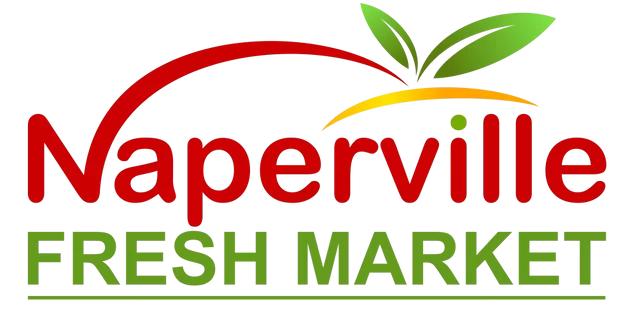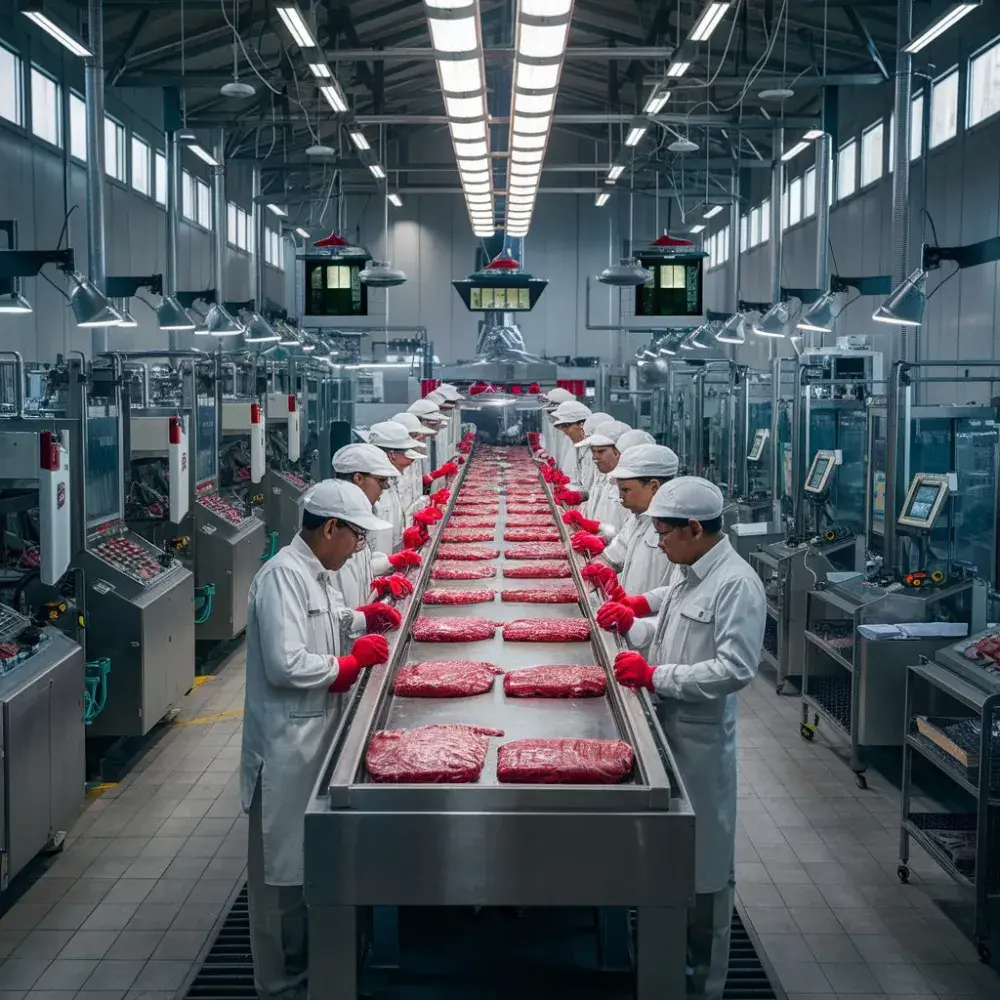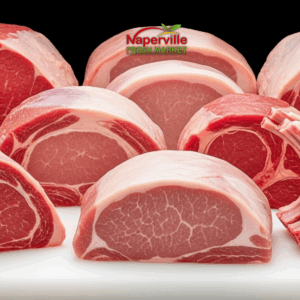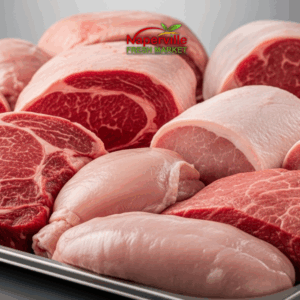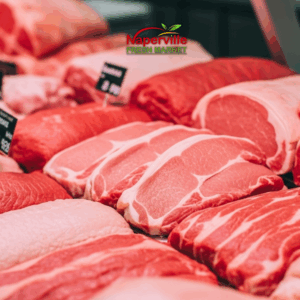The halal food sector is witnessing a transformative era, with Halal meat production at the forefront of innovation and sustainability. This shift is not only redefining the standards of quality and ethics in halal food but also catering to the evolving demands of global consumers. Let’s delve into the future of food through the lens of Halal meat production.
Embracing Technology in Halal Meat Production
Technological advancements are playing a pivotal role in modernizing Halal meat production. From blockchain for traceability to AI-driven monitoring of halal standards, technology ensures transparency and integrity in the Halal meat supply chain. This integration of technology is setting new benchmarks for quality and consumer trust in Halal meat products.
Blockchain for Unparalleled Traceability
Blockchain technology offers a revolutionary approach to tracking the journey of Halal meat from farm to table. By providing an immutable ledger for each piece of meat, consumers can verify its Halal status, origin, and processing history, ensuring authenticity and adherence to Halal principles.
AI and Machine Learning: Ensuring Compliance
Artificial Intelligence (AI) and machine learning are transforming Halal meat processing by automating the monitoring of Halal compliance. These technologies can analyze vast amounts of data to ensure that Halal standards are met throughout the production process, from slaughtering to packaging.
Sustainability: A Core Principle of Future Halal Meat Production
The future of Halal meat is intrinsically linked to sustainable practices. The Halal industry is increasingly adopting eco-friendly processes and ethical animal welfare standards, reflecting a holistic approach that aligns with the ethical tenets of Halal and the global push towards sustainability.
Eco-friendly Packaging Solutions
Innovations in packaging are addressing environmental concerns in Halal meat production. Biodegradable and recyclable materials are becoming the norm, reducing the carbon footprint of Halal meat products and meeting the ethical expectations of consumers.
Organic Halal Meat: Meeting Ethical and Dietary Needs
The rise of organic Halal meat underscores a growing demand for products that meet both ethical and dietary requirements. Organic Halal meat, free from antibiotics and hormones, and sourced from animals raised on natural diets, is setting the standard for purity and quality in the Halal market.
A Future Focused on Ethical Excellence
The future of food, particularly in the context of Halal meat production, is poised for unprecedented growth, driven by innovation, sustainability, and ethical practices. As the Halal industry continues to evolve, it promises to offer consumers around the world access to meat products that are not only compliant with Islamic law but also aligned with global trends towards health, transparency, and environmental stewardship. The journey of Halal meat from tradition to innovation reflects a broader shift towards a more sustainable and ethical future in food production.
Learn More
Halal Meat Myths Debunked: Separating Fact from Fiction
